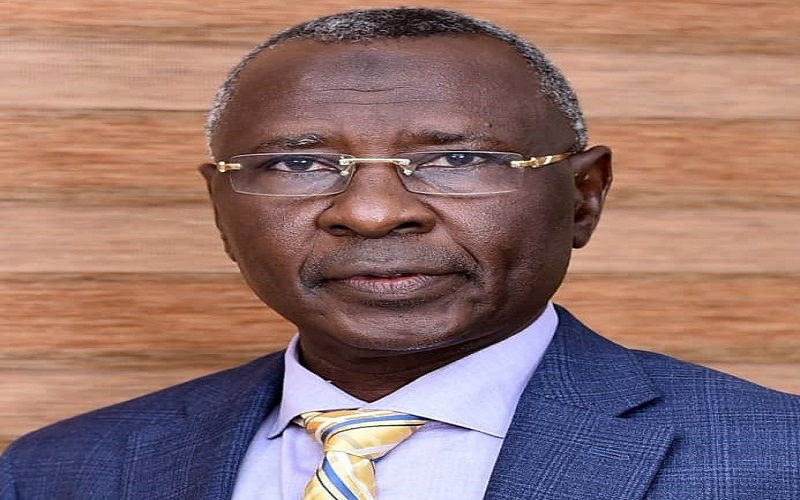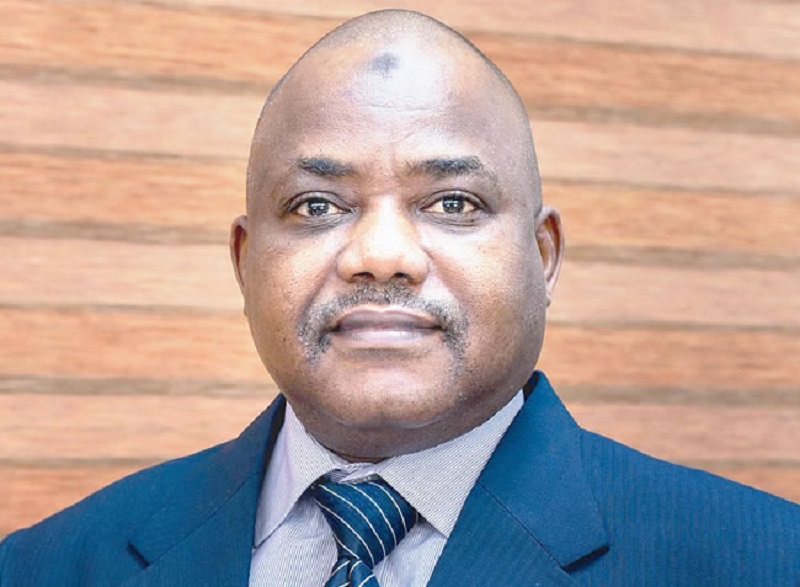The Department of Petroleum Resources (DPR) has decided to stop the loading and distribution of over 33,000 litres of petroleum products by road tankers.
Why this matters: This decision was reached in order to curb the incidence of road accidents involving fuel tankers.
According to Wole Akinyosoye, the Lagos Zonal Operations Controller, DPR, the regulator would make sure that the maximum limit of 33,000 litres is attained. He made this statement at the zone’s 2019 Annual General Meeting in Lagos.
[READ MORE: DPR allay fears of looming fuel scarcity]

He noted that petroleum products were transported via road due to the inadequacy of pipelines built for the purpose of conveying fuel.
“Many of the roads were constructed to have maximum carrying capacity of 30 tonnes (about 33,000 litres). The Nigerian law only allows for 33,000 litres to be loaded out of the depots. Today, we have 60,000 litres, 45,000 litres and sometimes 90,000 litres loaded out of the depots.
“We admit that the DPR is culpable in these circumstances. But the department has taken a decision because of what has been happening in the last two to three months that we have to enforce the maximum limit, which is 33,000 litres, on our roads.”
Ahmed Shakur, the acting Director of the DPR added that the agency would ensure that safety returns to the roads again and petroleum products are adequately distributed.
“We are liaising with relevant government agencies including the FRSC, federal and state fire service departments and relevant associations on solutions, including scheduling of tanker truck movement, provision of fast and efficient towing services.”
[READ ALSO: DPR goes hard on oil marketers]
What you should know: The statistics of tanker crashes in Lagos alone is worrisome with the Lagos Sector Commander, FRSC, Mr Hyginus Omeje, disclosing that Lagos had already surpassed the 302 figure of tanker crashes in 2018.




















